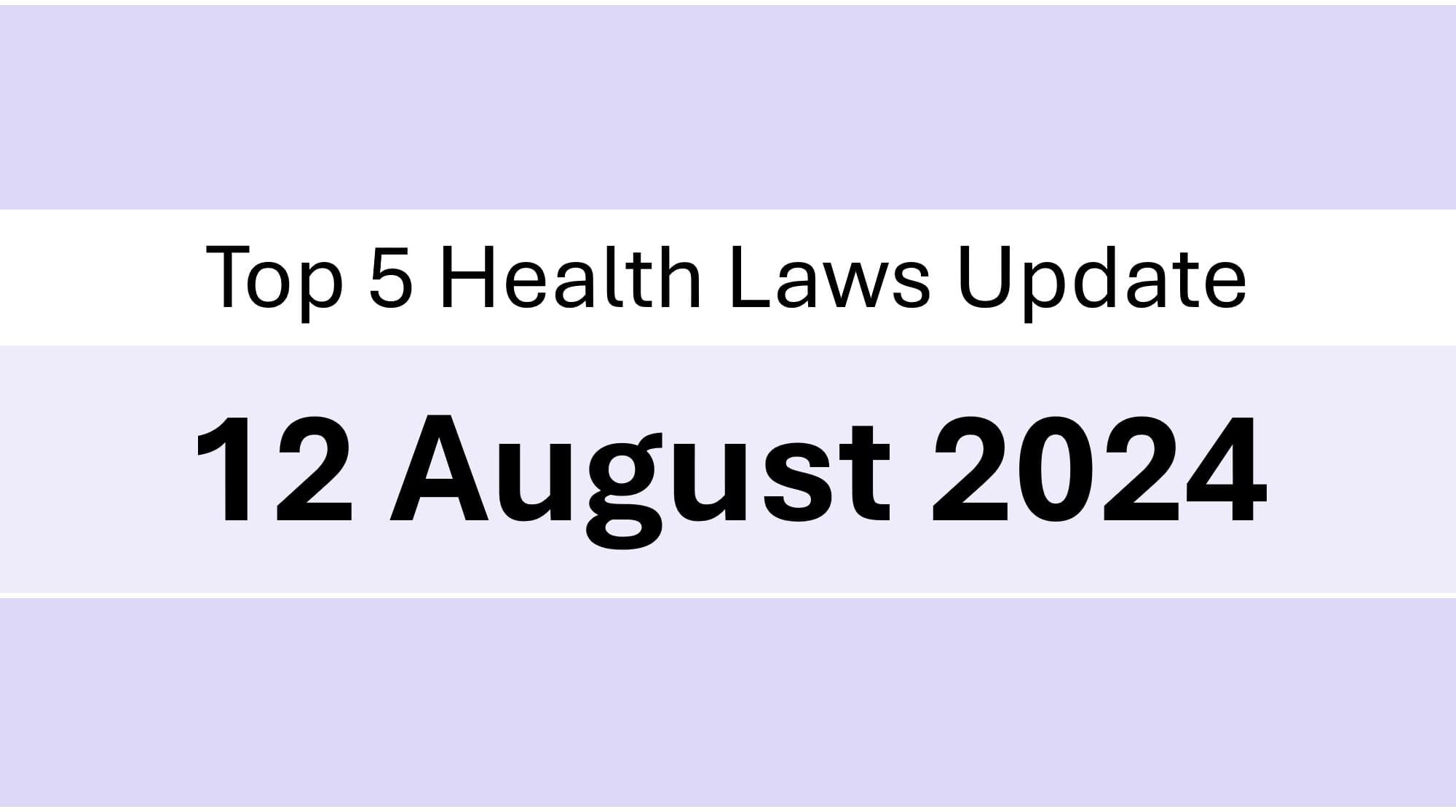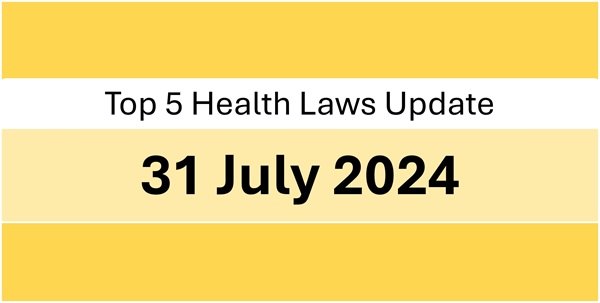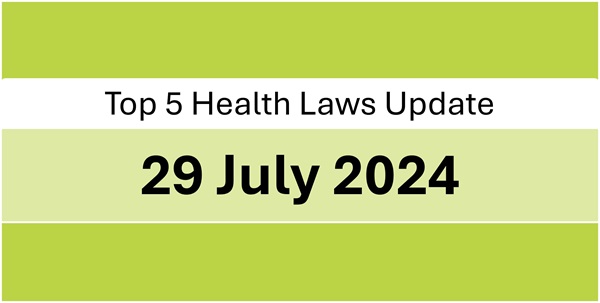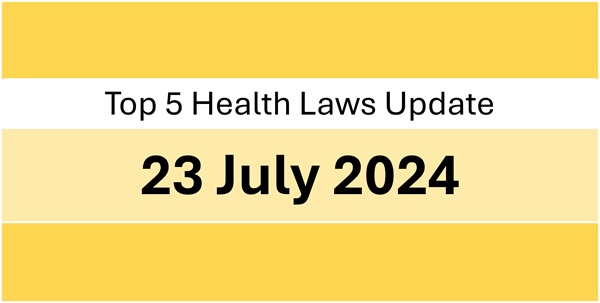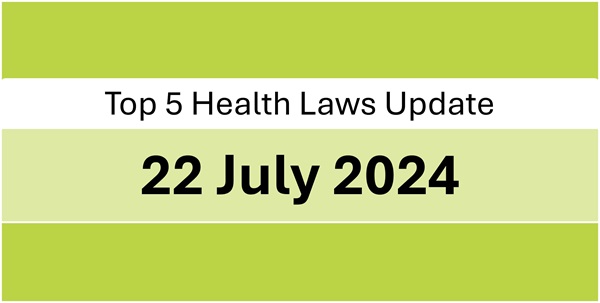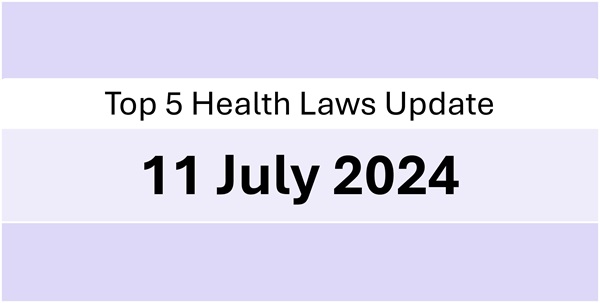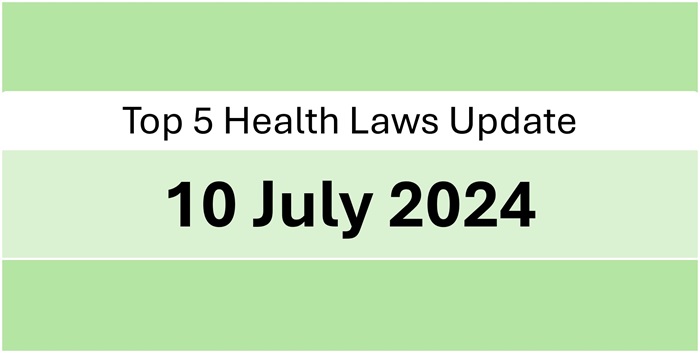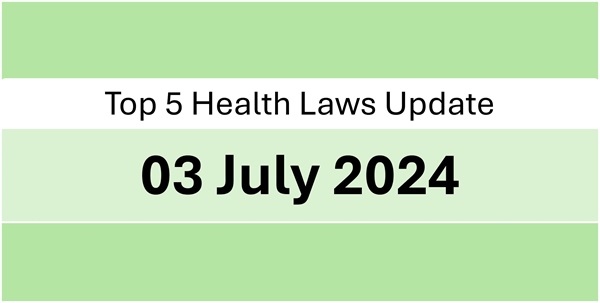Dear Reader, we are happy to share the most interesting legal and policy updates concerning health industry that we read today. We hope you enjoy reading it.
1. The Ministry of Agriculture and Farmers Welfare of India has issued Millets Grading and Marking Rules, 2024 (“Millet Rules”) which regulates packing, marking and labelling of millets intended for direct human consumption.
Source: bit.ly/4dkddNJ
2. India’s central drug regulator, the Central Drugs Standard Organisation, has circulated draft guidelines on good distribution practices for pharmaceutical products to ensure product traceability throughout the supply chain.
Source: bit.ly/4fGXKZy
3. India’s top consumer forum, the National Consumer Disputes Redressal Commission (“Commission”) has awarded a compensation of Rs.65 lakhs in a medical negligence case in which the doctors performed an elective surgery on a patient who was suffering from pre-existing ailment, which ultimately resulted in the death of the patient. The commission did not accept the defence of the hospital that the patient’s next of kin had consented to the procedure and were aware of the risks.
Source: bit.ly/3AgWYSK
4. Suicide Capsules are not medical devices or medicines: Swiss Medical Agency.
Source: bit.ly/4djGFU0
5. The Ministry of AYUSH has informed that it has identified approximately 26000 cases of misleading advertisements, but the State AYUSH departments have issued notices only 358 brands in last 4 years.
Source: bit.ly/4fJ7bYi

